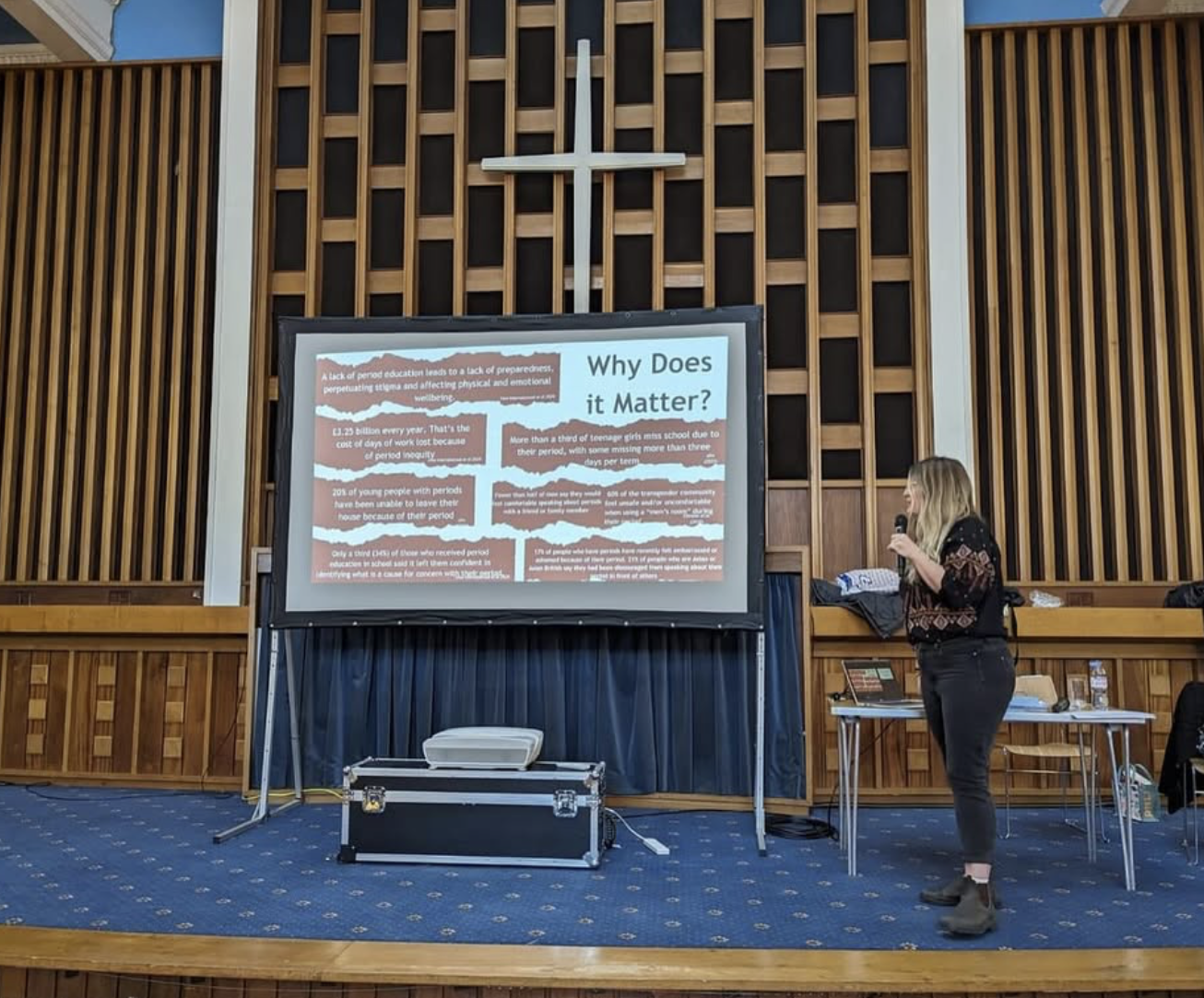Grieving parents are preparing to tell their stories to the nation’s MPs at a government committee next week in a fight to get a duty of care enshrined in law.
The evidence will be given to the Petition Committee, a parliamentary group which will go over the contents of a petition submitted by campaign groups #ForThe100 and The LEARN Network.
This is ahead of a debate at Westminster Hall on June 5 which MPs will attend and voice their support in order for it to be passed to the next stage of the legal process.
One of the families attending is Dr Mark Shanahan who lost his 22-year old son Rory while he was studying at the University of Sheffield in 2018.
“We want the law to have teeth,” Dr Shanahan said. “This is not something that is going to finish on June 5. Think of Everest. We’ve got to base camp so there is a long way to go.”
MPs who have spoken in support of the petition include Helen Grant, the MP for Maidstone and the Wield who joined The Learn Network in delivering the petition to Downing Street ahead of the debate next month. Conservative MP Caroline Nokes was also present.
Other MPs such as Darren Henry for Broxtowe, attended the event after the petition was handed in where the families of those who had lost their loved ones to suicide at university read out testimonials.
Sheffield MPs, Olivia Blake and Paul Blomfield as well as Andrew Western for Stretford and Urmston were also at the event.
A spokesperson for Matthew Western, the Labour MP for Warwick and Leamington, said: “Matt is aware of the campaign and has met both campaign groups in Parliament and elsewhere. He will be the Shadow Minister responsible for responding to the debate on 5 June.”
Professor Edward Peck, the government’s first Student Support Champion, said in relation to the time it would take to put the duty of care into legislation: “18 months to two years to do all of what is in training around student mental health, some changes much sooner.”
In response to the petition, the government said: “Higher education providers do have a general duty of care to deliver educational and pastoral services to the standard of an ordinarily competent institution and, in carrying out these services, they are expected to act reasonably to protect the health, safety and welfare of their students.”
Ahead of a debate next month, the Petitions Committee will hear from those involved in the petition, and representatives from charities such as PAPYRUS, Student Minds and Universities UK.
They have received more than 128,000 signatures for their joint petition which concerns the introduction of a statutory duty of care to be made a legal requirement in higher education.
Duty of care is defined by #ForThe100 as protecting students from reasonably foreseeable harm, caused either by direct injury or failing to act. It is already in place in employment law in the UK.




